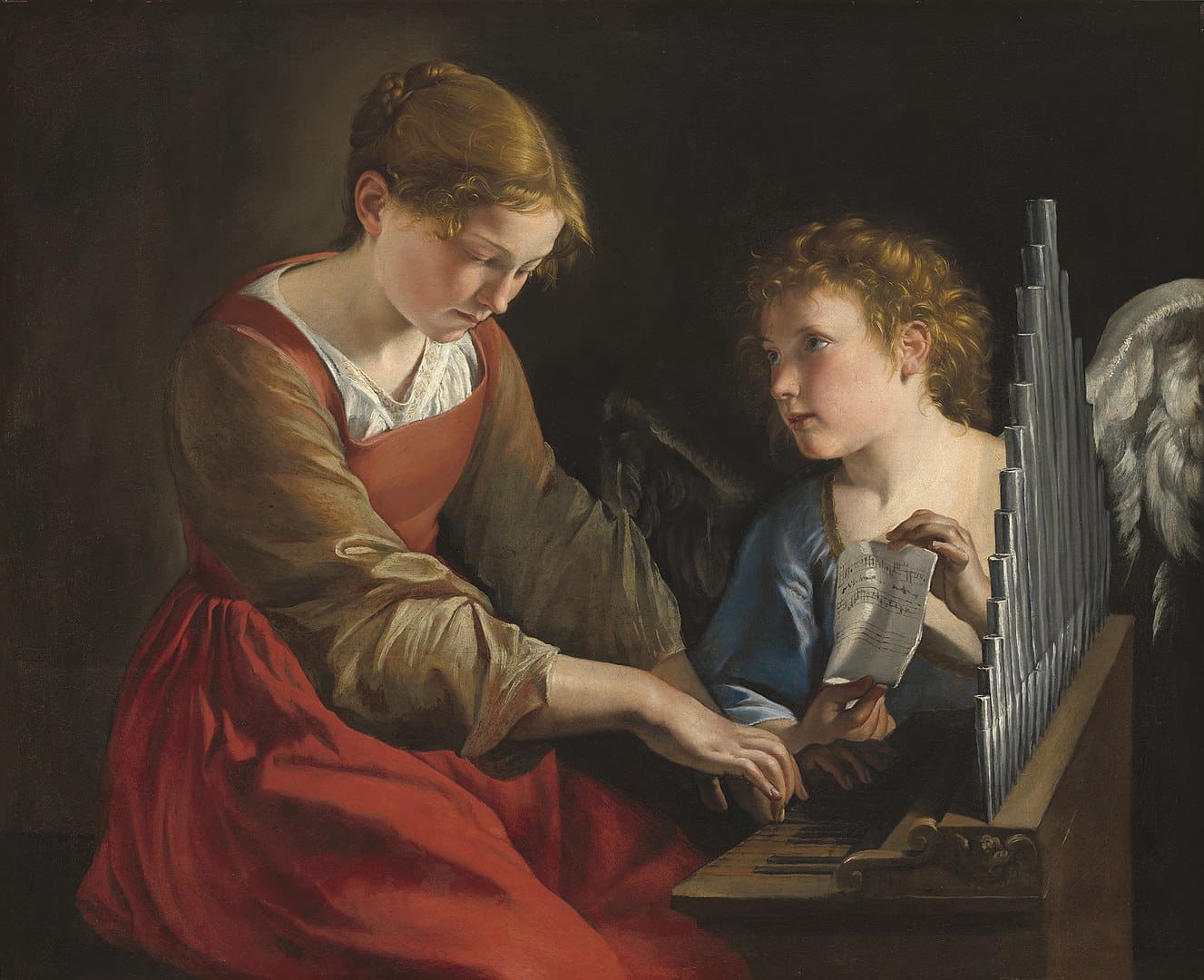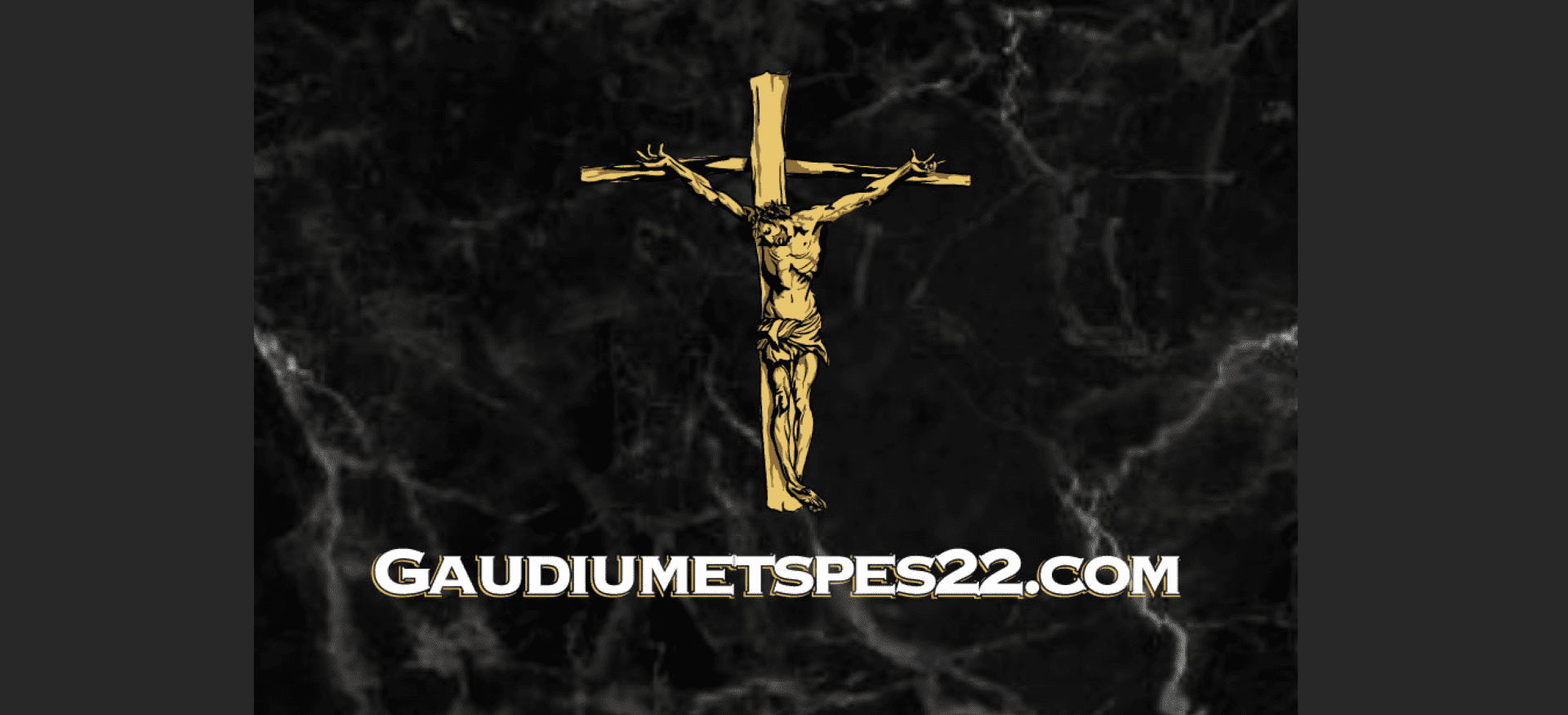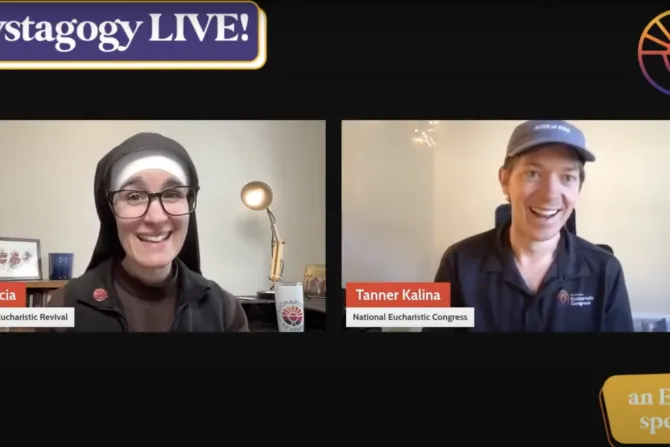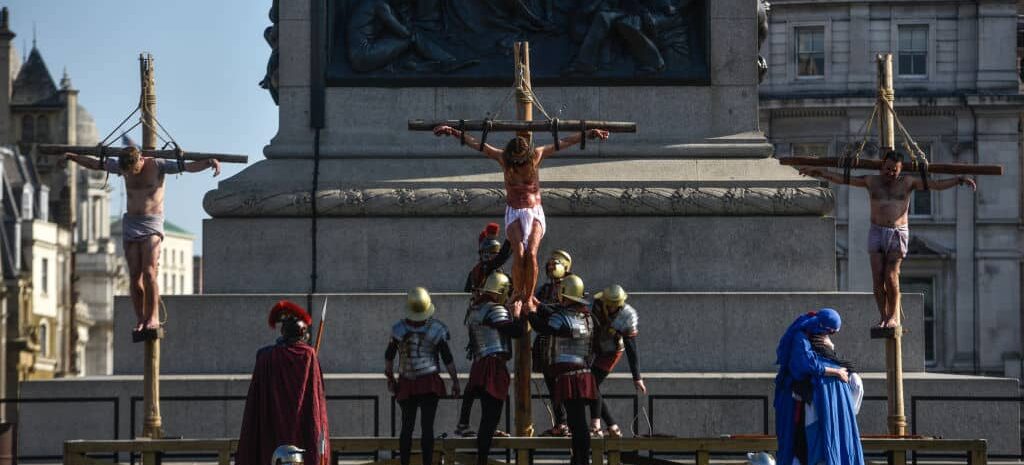At a time when many parish pipe organs and choir lofts have gone silent, Nicholas Will has found even more opportunities to teach sacred music. Will, a former parish choir director himself, knows the joys and challenges that can accompany such work.
An accomplished organist with a Master’s Degree in Music from the Peabody Conservatory in Baltimore, Will knows the key to all parish music is a solid grounding in the traditions of the Church. He has been part of the reintroduction of this magisterial aspect of music while teaching at Franciscan University of Steubenville, Ohio; Mount St. Mary’s University in Emmitsburg, Maryland; and the North American College in Rome.
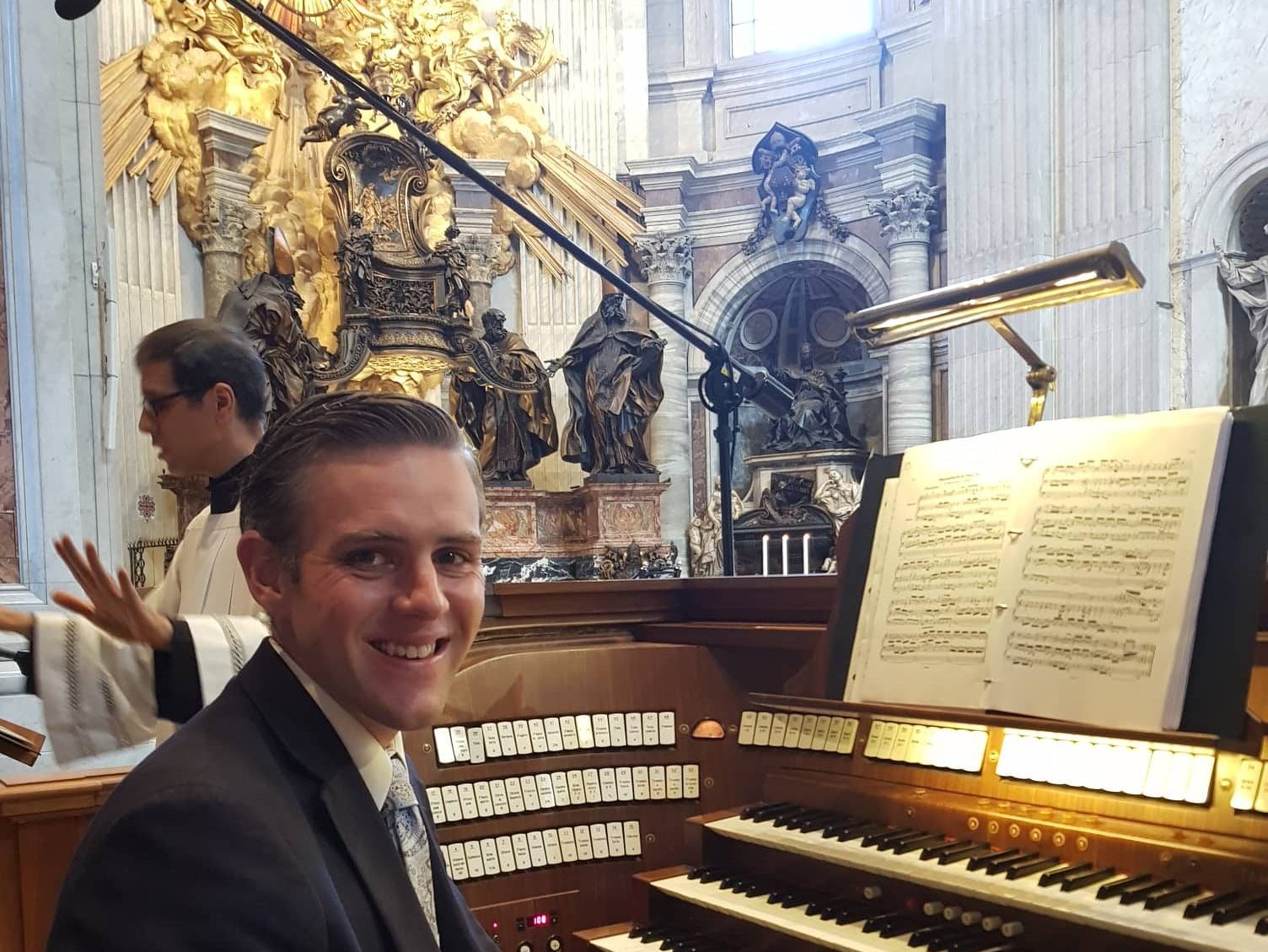
Will also recently founded the Pittsburgh, Pennsylvania-based Saint Gregory Institute of Sacred Music, to reach out to those non-students who desire to progress in their knowledge and practice of sacred song. The 34-year-old father of two small children, Will spoke of his personal history in music and his desire to bring the beauty of Gregorian chant and Renaissance polyphony to the Church—in anticipation of the feast of St. Cecilia, patroness of musicians, on November 22.
How did you get started in music, and what are some of your top musical memories from youth or early adulthood?
I began my musical life in elementary school as a trumpet player, later picking up the guitar in middle school. My experiences in concert and marching bands taught me much about music and discipline, but I wouldn’t become interested in sacred music until later.
My father always enjoyed listening to recordings of the great organists, and I was fascinated by the sound of the instrument—the power and grandeur produced by a single individual. I began studying the organ in high school and later studied sacred music as an undergraduate at Duquesne University.
Despite being a life-long Catholic, it wasn’t until I was in my 20s that I first heard Gregorian chant and Renaissance polyphony. I was immediately hooked, and from that point my musical pursuits broadened to include the breadth of the Catholic tradition.
How would you assess your escape from Rome earlier this year, where you had been teaching sacred music to seminarians at the North American College?
My wife and I had decided in February to come back to the States for good, even before COVID-19 was what it has become. We were heartbroken to leave Rome early—we had intended to stay until the end of the semester in June—but we were grateful to have been able to come home.
The North American College is a wonderful place filled with fantastic people, and I’ll forever be grateful for the opportunity to make music and teach there, and to live in the Eternal City.
Why did you start the Saint Gregory Institute of Sacred Music?
In my career as a parish and cathedral musician, university professor, and seminary musician, I’ve met many Catholic musicians whose educational needs weren’t being met by our institutions. There existed a need for long-term study opportunities short of a university or conservatory degree, but more comprehensive than a week-long conference or summer course.
For many years now, the trend in Catholic sacred music praxis has been a return to tradition. As more and more young clergy, musicians, and faithful discover the riches of the Church’s musical patrimony, there is an ever-increasing need for training in traditional Catholic music. Most of our universities and conservatories have been slow to respond to this trend, and while many offer exceptional training in organ, Gregorian chant, and choral polyphony, few offer adequate education in the liturgical tradition alongside which the musical repertoire developed.
The purpose of the Saint Gregory Institute (a 501(c)3 non-profit organization) is to offer comprehensive training in Catholic sacred music with master musician-teachers at an affordable price. Our students are regularly engaged in liturgical music-making, giving them both a thorough understanding of the art and practical experience necessary in the field.
For many centuries, the art of sacred music was passed on through master-apprentice relationships. In a real way, the Saint Gregory Institute operates on this time-honored model.
What specific services do you provide for those looking to learn sacred music from scratch or those who want to improve their understanding and/or skill level?
During the present St. Gregory (Fall) Term, we are offering courses in Gregorian chant, conducting, liturgical organ playing, and sacred music history, in addition to organ and voice lessons.
In January 2021 we will be adding courses in eurythmics, counterpoint, and a European-style organ class. In the summer we will add courses in chironomy, improvisation, composition, and music program administration. All of these courses form the curriculum of our Certificate in Sacred Music but are open to non-Certificate students as well. Furthermore, our Schola Gregoriana sings for monthly liturgies in both forms of the Roman Rite in some of the most beautiful and historic churches of Pittsburgh.

In the summer of 2021, we are hoping to bring the First Organist of St. Peter’s Basilica, Vatican City, to Pittsburgh for an improvisation and chant accompaniment workshop. This was originally scheduled for last July but was postponed due to COVID-19 restrictions. We are also looking to develop opportunities for clergy instruction in the future. For many years now, the trend in Catholic sacred music praxis has been a return to tradition. As more and more young clergy, musicians, and faithful discover the riches of the Church’s musical patrimony, there is an ever-increasing need for training in traditional Catholic music.
Why are you optimistic about the future of sacred music and, aside from contacting St. Gregory Institute, what general advice or inspiration would you give to members of the Catholic musical world?
I continue to be impressed and inspired by the tireless and creative work of my musician colleagues throughout the world. Furthermore, my work as a seminary musician has convinced me that the current trend in sacred music will continue to gain momentum in the years to come. Our young priests and seminarians are eager to do whatever it takes to recover the riches of our liturgical and musical tradition. There is much work to be done; but, for these reasons and more, I am confident that the future of sacred music is bright and I am excited to see what the future holds.
As for advice, I would encourage anyone interested in sacred music to learn as much as possible by any means available. Our 2,000-year tradition is deep and wide, and even a lifetime spent studying it would not plumb its depths! Find the best teachers, attend all the workshops you can, and most importantly, engage in liturgical music-making as much as possible. The only way to truly know the tradition is to be immersed in it—indeed, to live it!
